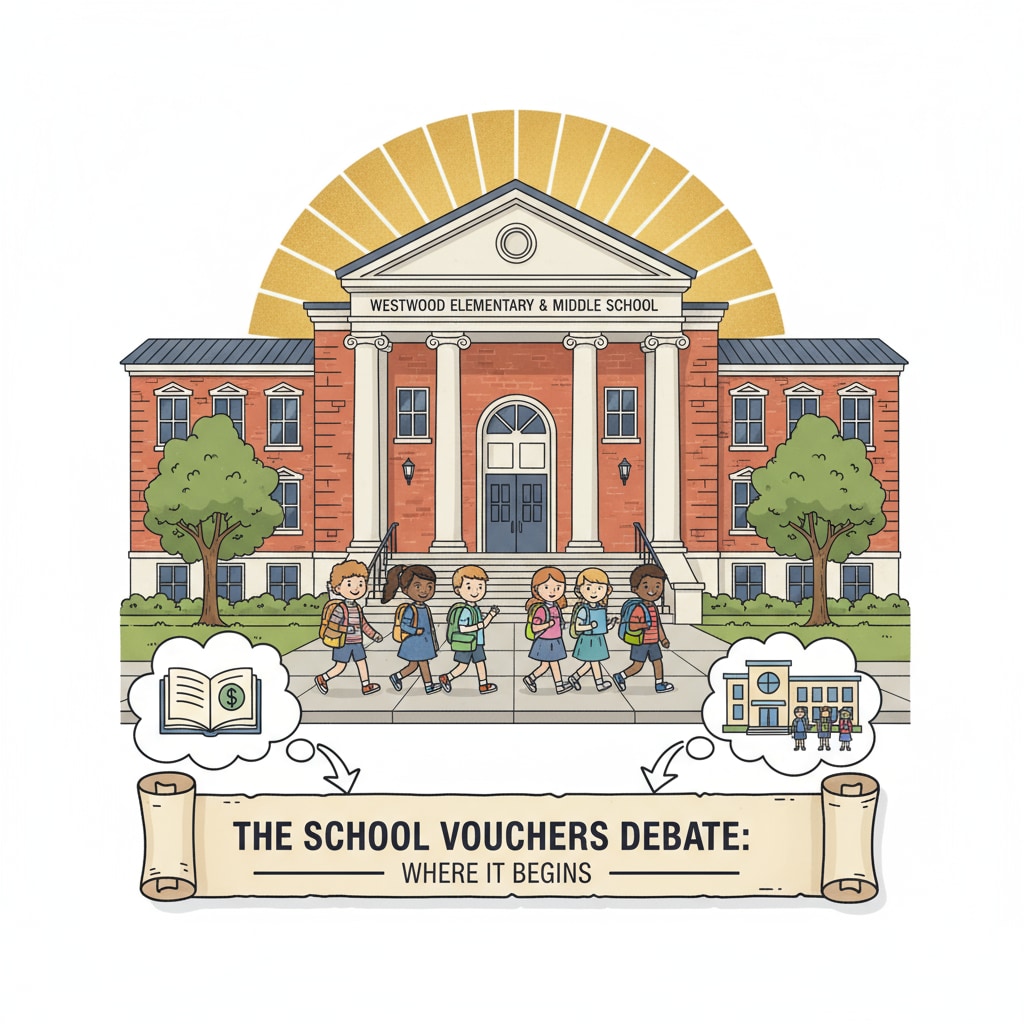The school vouchers policy in the United States has brought about a significant amount of contention when it comes to its impacts on public school funding. This policy has been at the center of a heated argument, with supporters believing it to be a game-changer for educational choice and quality, while opponents fear it will siphon off funds from public schools and exacerbate educational inequality.

The Promise of School Vouchers
Proponents of the school vouchers policy argue that it offers several benefits. First and foremost, it expands educational choice. Parents can use vouchers to send their children to private schools, charter schools, or other educational institutions of their choice. This, they believe, gives students access to a wider range of educational opportunities that might better suit their individual needs and learning styles. For example, a child with specific talents in the arts may benefit from a specialized private art school that can nurture their skills more effectively. As a result, supporters claim that the overall quality of education can be enhanced.

The Concerns of Opponents
On the other hand, opponents have valid concerns. One of the main issues is the potential drain on public school funds. When students use vouchers to transfer to non-public schools, the public schools lose the associated funding. This can lead to budget shortages, which may result in reduced resources such as fewer textbooks, smaller library collections, and limited extracurricular activities. Additionally, opponents worry that this policy could exacerbate educational inequality. Poorer families may not be able to afford the additional costs often associated with using vouchers at certain private schools, leaving them with fewer educational options compared to wealthier families. School Vouchers Debate on Education Week
The school vouchers policy is a complex issue with both positive and negative aspects. While it holds the promise of expanding educational choice, it also poses significant threats to the stability and equity of the public school system. As the debate continues, it’s crucial to find a balance that can safeguard the interests of all students and ensure the healthy development of the overall educational ecosystem. Research on School Vouchers by Brookings Institution
Readability guidance: This article uses short paragraphs to clearly present different viewpoints. Lists could be further developed in future expansions. The passive语态 is kept to a minimum, and transition words like “however”, “on the other hand”, and “additionally” are used to enhance the flow of the text.


